Xue Bing, Special Envoy for the Horn of Africa Affairs of the Chinese Ministry of Foreign Affairs, on Tuesday refuted the groundless cliche that China is creating a "debt trap" in Africa, calling it a narrative trap instead.
Addressing media here in the Ethiopian capital, the special envoy said Africa's debt burdens should not be blamed on China.
Reports from international institutions and research show that African debt is mainly bonds held by Western private creditors. Xue said the distorted facts and truth prove that some countries are lying about the African debt issue.
Data from the World Bank last year showed that among a total of 696 billion U.S. dollars in external debts in 49 African countries with accessible data, three-quarters are held by multilateral financial institutions and commercial creditors, the lion's share of Africa's debts; while 35 percent are owed to Western private lenders, nearly three times of the total obligations to China, he said.
While the cause of the debt crisis is multifaceted -- the COVID-19 pandemic, geopolitical conflicts and excessive institutional lending -- Xue said the U.S. Federal Reserve's rate hikes last year had harmed Africa.
The special envoy said blaming China for the debt problems confuses the public and shirks responsibility.
Since most debts of emerging and low-income countries are paid in a foreign currency, notably the U.S. dollar, irresponsible U.S. monetary policy escalated the debt problems of these countries, he said.
While stressing the nexus between debt and economic and social development, Xue said if external debt contributes to a country's economic and social development in the long term and can be adequately managed, it can be called good debt.
Statistics showed that since the Forum on China-Africa Cooperation was founded, he said, Chinese companies have built or upgraded more than 10,000 km of railways and nearly 100,000 km of roads and created more than 4.5 million jobs.
In 2021, the trade volume between China and Africa surpassed 250 billion dollars. But according to official U.S. statistics, the value of U.S. exports to Africa was 26.7 billion dollars and 37.6 billion dollars for imports that year, both significantly lower than a decade earlier, Xue said.
To help African countries reduce their debt burdens, China has actively participated in the Group of 20 (G20) Debt Service Suspension Initiative, signed debt suspension agreements or reached a consensus on debt relief with 19 African countries, and suspended the most debt service payments among G20 members, he said.
China has also been actively engaged in the case-by-case debt treatment for Chad, Ethiopia and Zambia under the G20 Common Framework.
In contrast, he said the largest creditors in Africa -- international private creditors and multilateral financial institutions -- are absent from the current debt relief actions.
Xue noted that the World Bank and the International Monetary Fund (IMF) once launched the Heavily Indebted Poor Countries Initiative and Multilateral Debt Relief Initiative to relieve the debts of heavily indebted poor countries, and the IMF provided 250 billion euros (268 billion dollars) to help respond to the European debt crisis.
Xue stressed that they should be present in the debt relief actions in Africa. As the largest shareholder of the World Bank and the IMF, the United States should take responsibility and play a more prominent role.









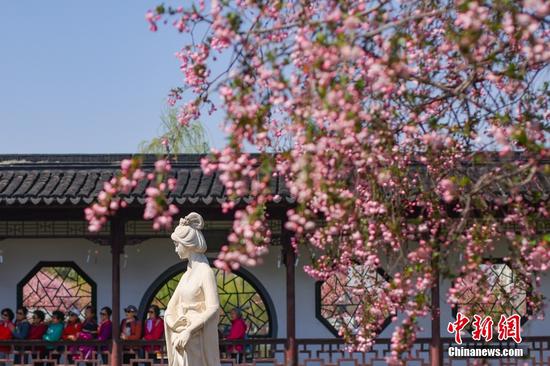
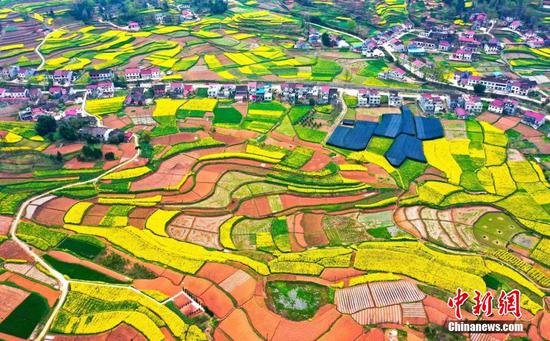
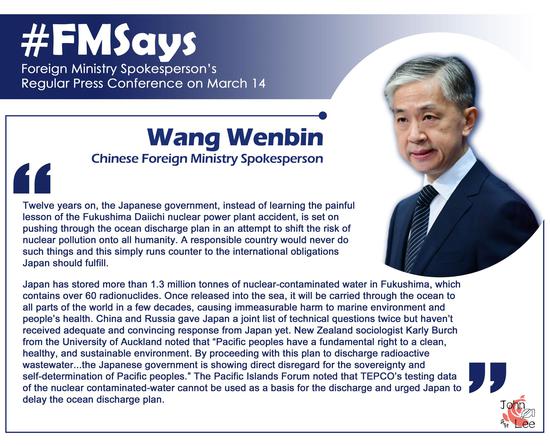
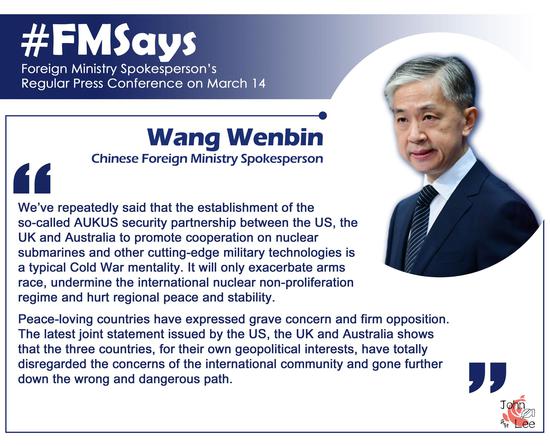




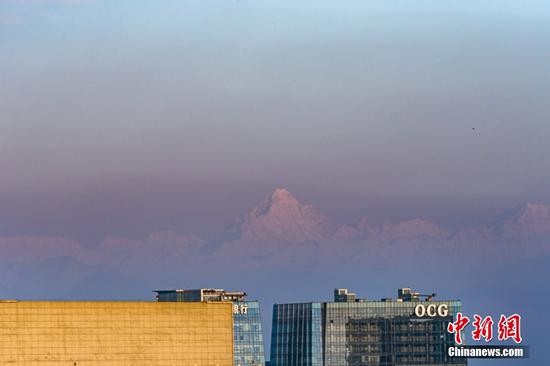
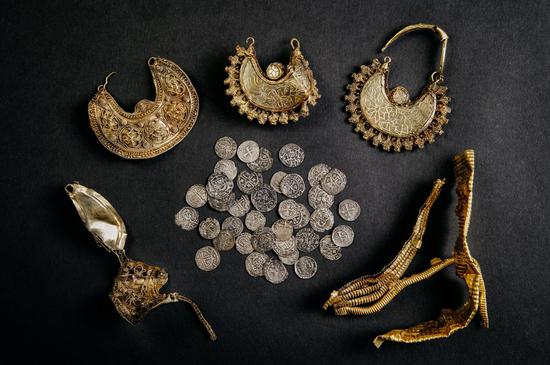
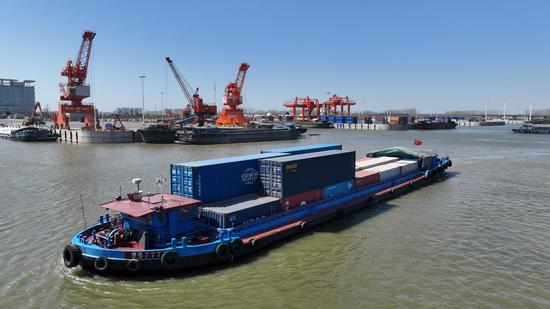




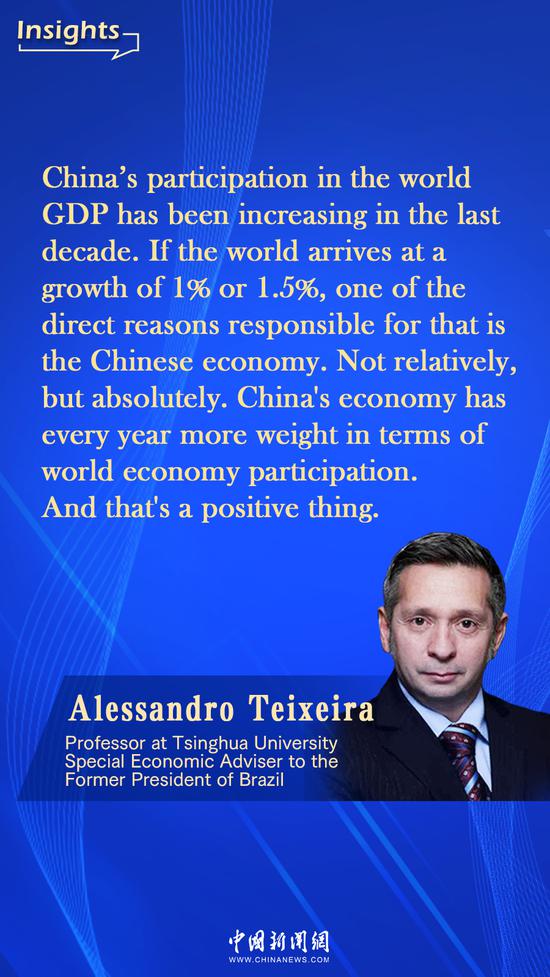




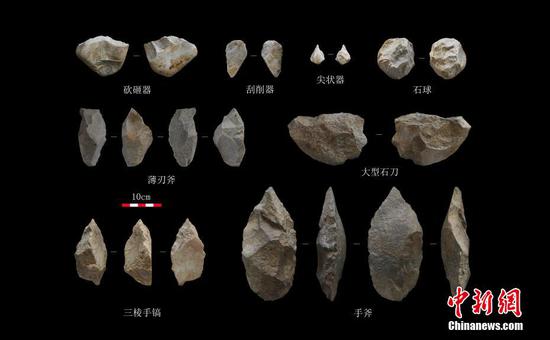
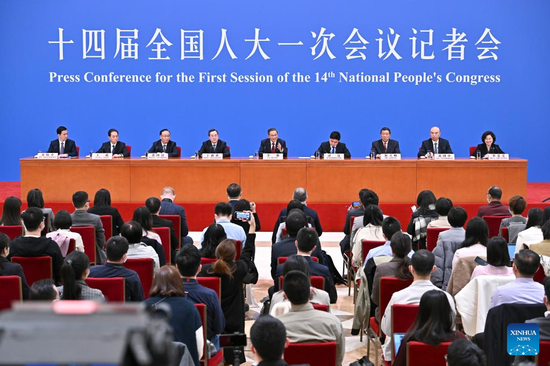

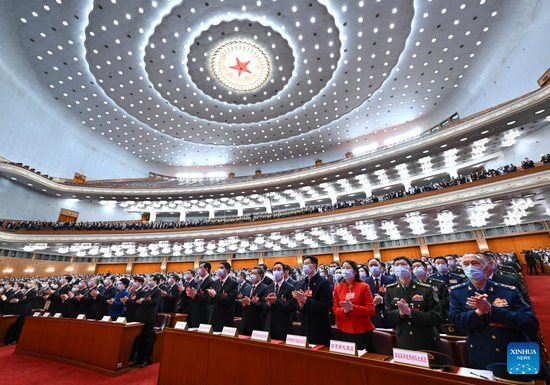
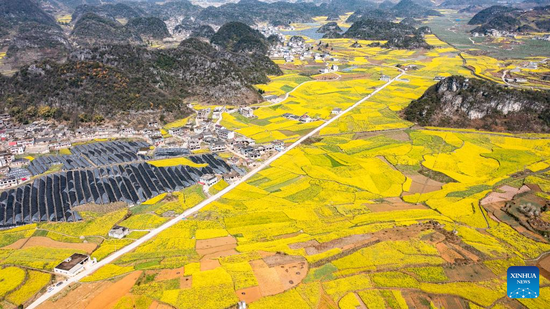
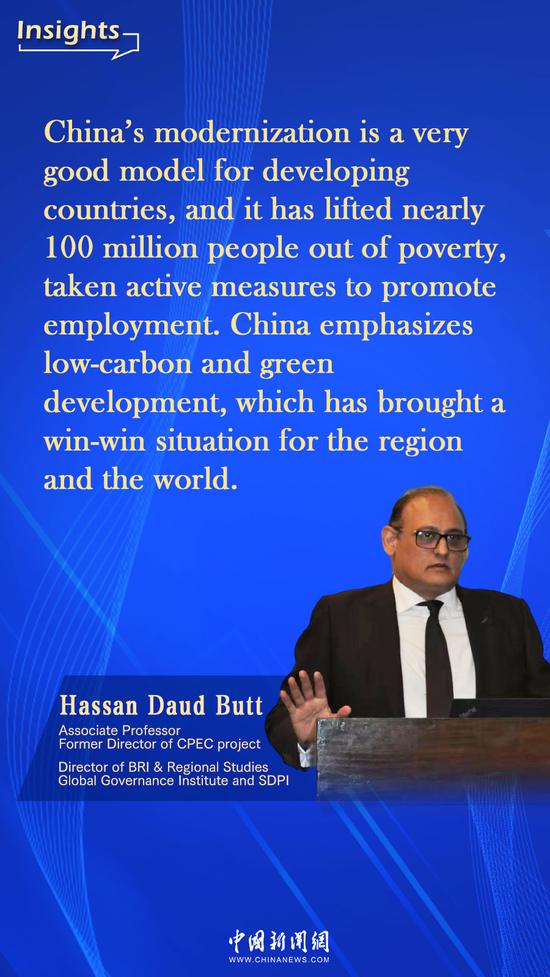
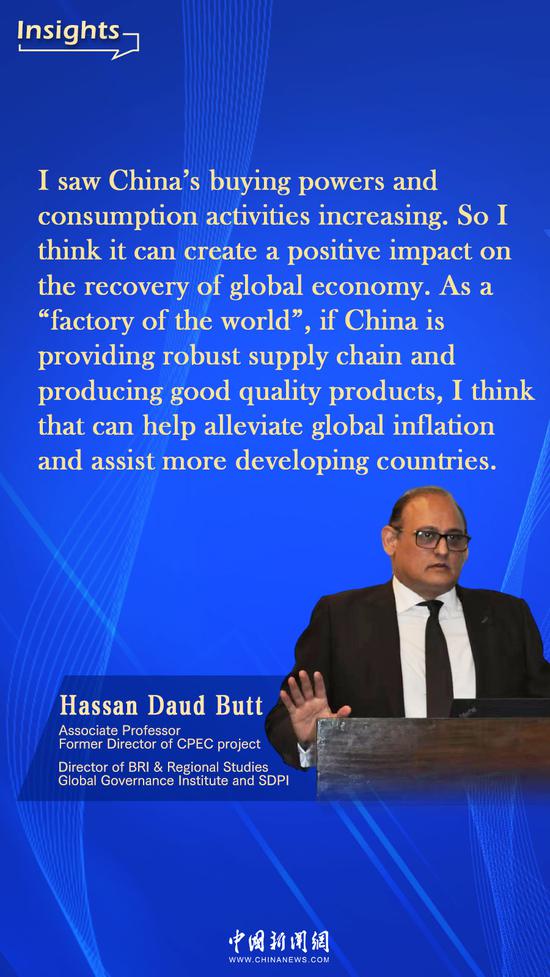



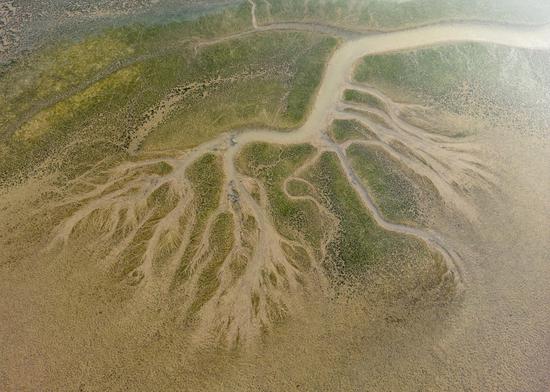


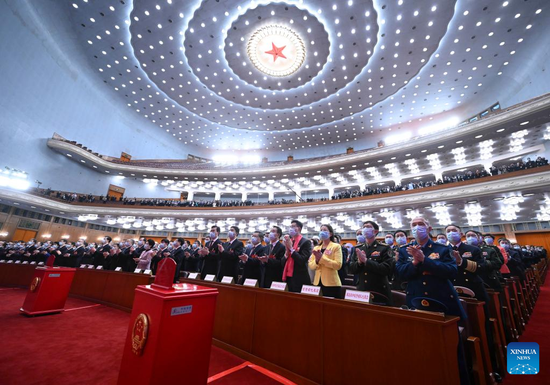
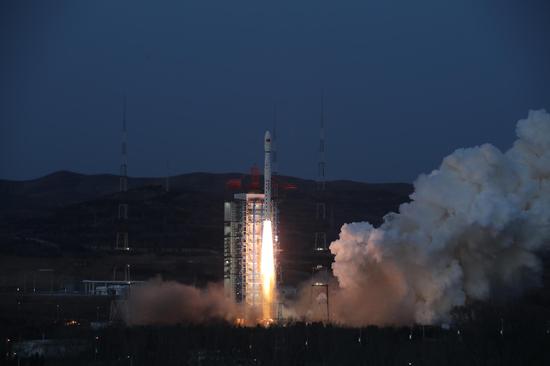
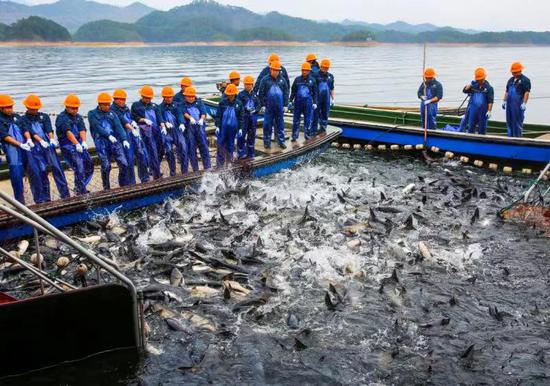





 京公网安备 11010202009201号
京公网安备 11010202009201号